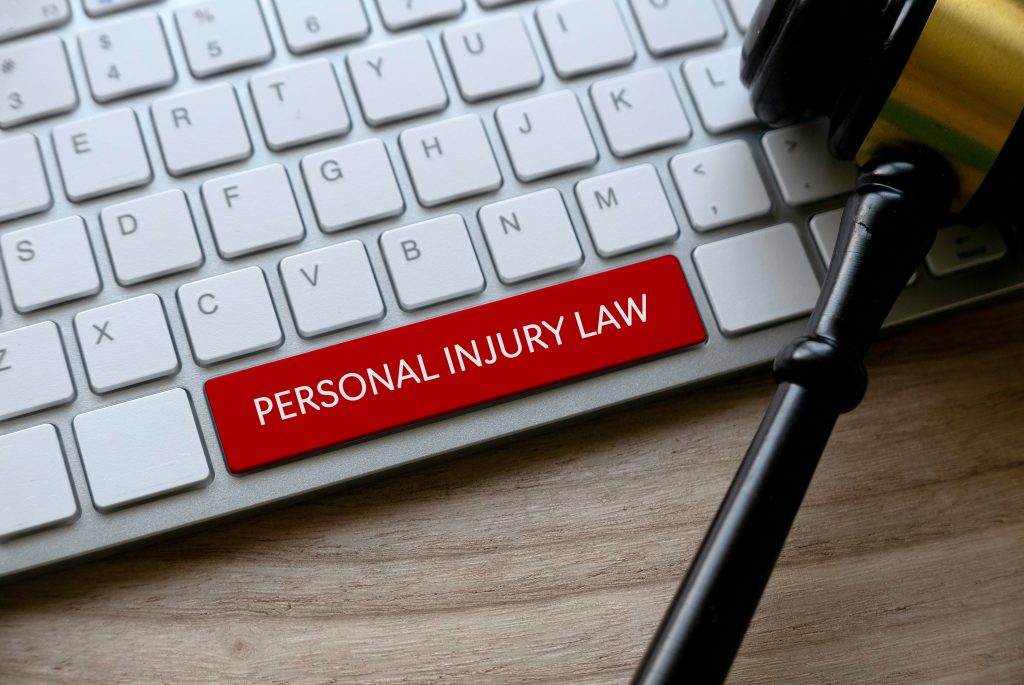In the realm of personal injury law, the concept of Personal Injury Negligence forms the cornerstone of many legal claims. It is a fundamental principle that plays a crucial role in determining liability and seeking compensation when someone’s careless actions lead to harm or injury. Whether it’s a car accident, a slip and fall incident, or a medical error, understanding this term is essential for both legal professionals and those seeking justice after an injury.
Definition:
It can be succinctly described as the failure to exercise a reasonable level of care in a situation where such care is expected. This principle stems from the idea that everyone has a moral and legal duty to avoid causing harm to others through their actions or inactions. It arises when someone breaches this duty, leading to injury or damage.
Key Elements of Personal Injury Negligence:
At Gordon and Thompson Solicitors, we understand that proving laxity requires establishing specific elements:
- Duty of Care: It’s imperative to demonstrate that the defendant owed a duty of care to the plaintiff. This duty arises when a relationship exists that imposes a legal obligation to act prudently and prevent foreseeable harm.
- Breach of Duty: Our legal team diligently assesses whether the defendant breached their duty of care. This involves comparing their actions to the standard of what a reasonable person would do in similar circumstances.
- Causation: Proving it necessitates establishing a direct link between the defendant’s breach of duty and the plaintiff’s injuries. This requires a thorough examination and evidential support.
- Damages: Ultimately, we focus on showcasing the actual damages or harm incurred by the plaintiff due to the defendant’s laxity. These damages encompass various aspects, including physical, emotional, and financial losses.
Significance in Personal Injury Law:
It is significant for several reasons:
- Basis for Legal Claims: Many personal injury claims are rooted in allegations of it. If a plaintiff can demonstrate that the defendant’s negligence led to their injuries, they may be entitled to compensation.
- Determining Liability: It helps determine who is legally responsible for the harm suffered by the plaintiff. It’s the foundation for establishing fault and accountability.
- Compensation: Its law allows injured parties to seek compensation for the damages they have suffered. This can include medical expenses, lost wages, pain and suffering, and more.
- Preventing Future Harm: Holding negligent individuals or entities accountable serves as a deterrent and encourages responsible behavior, potentially preventing similar accidents in the future.
At Gordon and Thompson Solicitors, we believe that a solid understanding of this case is crucial for both our legal team and our clients. If you’ve suffered injuries due to less notice, we’re here to champion your cause and seek rightful compensation. It is not just a legal principle; it’s a tool that empowers us to fight for justice on your behalf.
Related Posts
- 79
Clinical negligence in mental health refers to instances where mental health professionals provide care that falls below the accepted standard, resulting in harm or worsened mental well-being for the patient. It encompasses misdiagnosis, inadequate treatment, improper medication, and failures in the duty of care. This form of negligence can have…
- 76
Suffering a personal injury can be a life-altering experience, often accompanied by physical, emotional, and financial challenges. In the wake of such an incident, making the right decisions is crucial to safeguard your well-being and protect your legal rights. At Gordon and Thompson Solicitors, we understand the complexities of cases…
- 73
- 72
Welcome to Gordon and Thompson Personal Injury Solicitors Bromley, your trusted legal partner in navigating the complexities of personal injury cases in the United Kingdom. In the unfortunate event of sustaining a self-inflicted injury, seeking the assistance of a qualified and experienced lawyer is not only advisable but crucial to…
- 68











